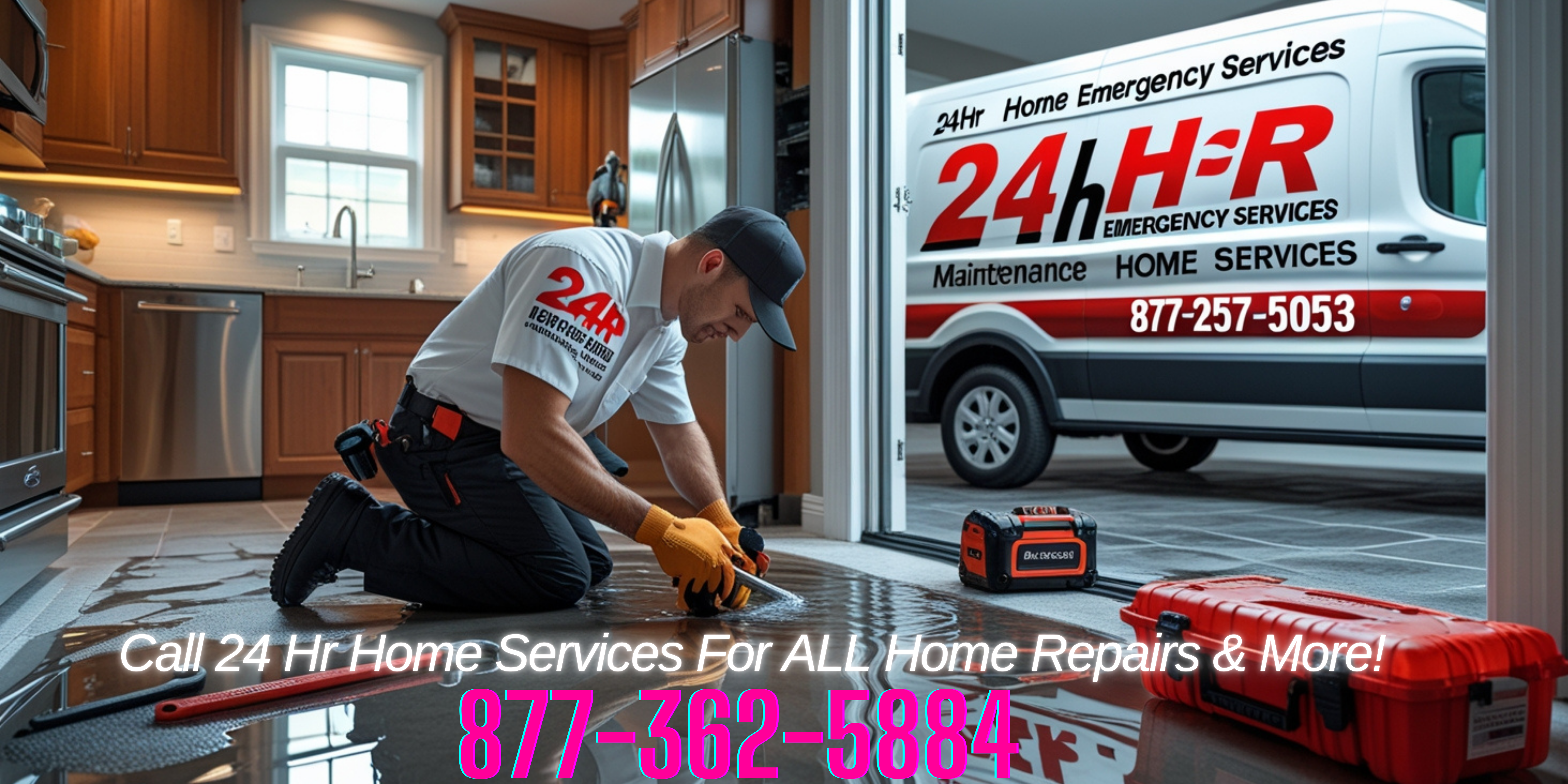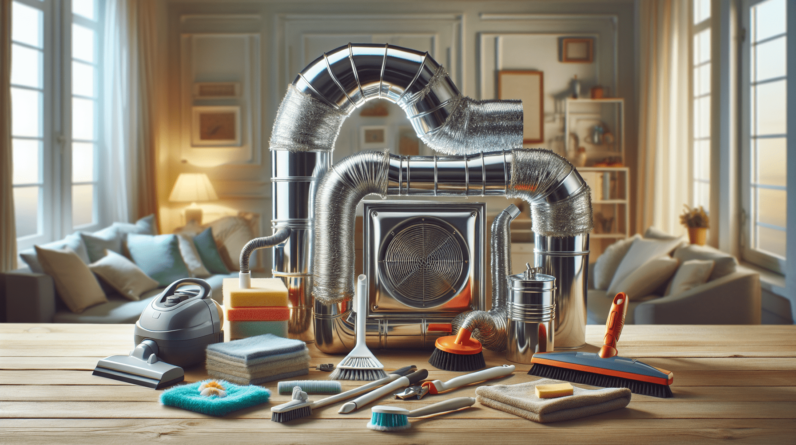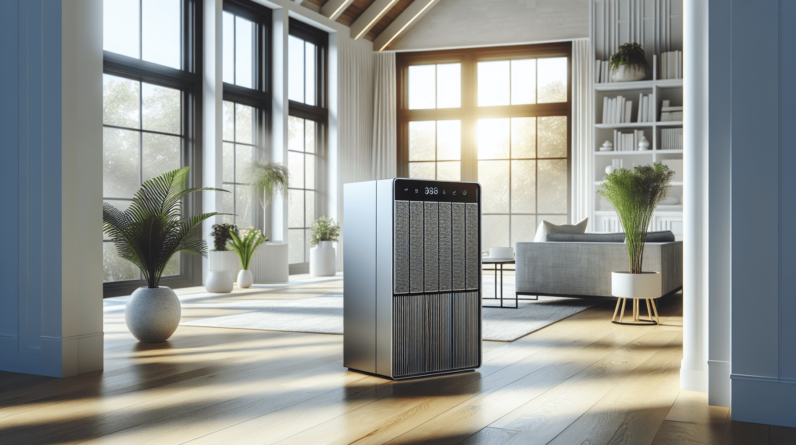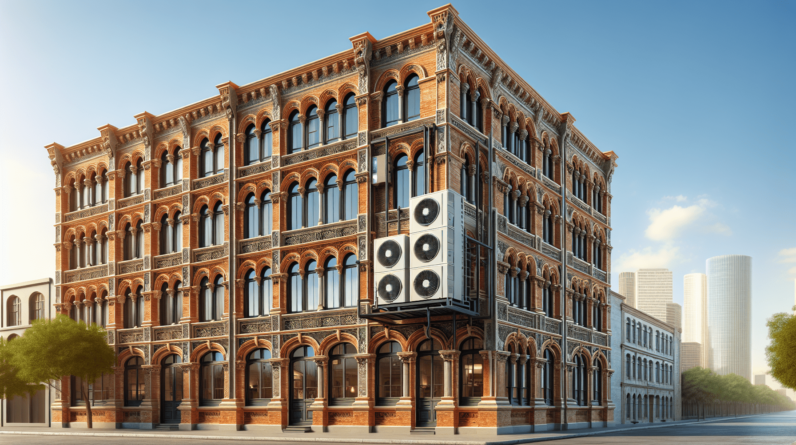
Have you ever found yourself shivering in the middle of winter, wondering if there’s a way to keep your home cozy without relying solely on a traditional heater?
Understanding Heated Air Conditioners
A heated air conditioner is an innovative appliance designed to provide both cooling and heating to your living spaces. Unlike standard air conditioning units, which only cool the air, these versatile systems can reverse their operation to warm your home, making them an excellent year-round solution.

How Do Heated Air Conditioners Work?
Heated air conditioners use the principles of thermodynamics. When in heating mode, they extract heat from the outside air and transfer it indoors. This process might seem counterintuitive, especially in colder months; however, even cold air contains heat energy.
The Refrigeration Cycle
- Evaporation: The refrigerant within the system absorbs heat and evaporates into a gas.
- Compression: The gas is then compressed, raising its temperature and pressure.
- Condensation: This hot gas moves through coils inside the unit or your home, releasing the heat as it condenses back into a liquid.
- Expansion: Finally, the refrigerant returns to a low-pressure state, ready to absorb heat again.
Types of Heated Air Conditioners
When it comes to heated air conditioners, there are several types available on the market. Understanding the different options can help you choose the one that best suits your needs.
1. Heat Pumps
Heat pumps are one of the most common types of heated air conditioners. They can efficiently heat your home by transferring heat, often utilizing an external compressor and evaporator system.
Best For: Moderate climates where the temperature doesn’t drop too severely in winter.
2. Ductless Mini-Split Systems
These systems consist of an outdoor unit and one or more indoor units that are mounted on walls. They are great for homes without ductwork and offer flexibility in heating individual rooms.
Best For: Homes or spaces that require zoned heating.
3. Windows Units
Some window air conditioning units also come with heating capabilities. These units can seamlessly transition between cooling and heating, providing a convenient option for smaller spaces.
Best For: Apartment living or single-room heating.
Benefits of Using Heated Air Conditioners
Switching to a heated air conditioner can offer various advantages that enhance your comfort, energy efficiency, and overall enjoyment of your living environment.
Energy Efficiency
Heated air conditioners, particularly heat pumps, can be significantly more energy-efficient than traditional heating systems like furnaces. They can offer a higher efficiency ratio, meaning you will pay less in energy bills while achieving the same comfort levels.
Space Savings
By using a heated air conditioner that combines cooling and heating, you can save valuable space in your home. This means fewer bulky appliances and more room for your personal touches.
Year-Round Comfort
Having a unit that can handle both heating and cooling needs means you’re prepared for whatever seasons may bring. You’ll maintain a comfortable environment, regardless of temperature fluctuations.
Considerations Before Purchasing a Heated Air Conditioner
Before making a purchase, it’s important to consider several factors that can impact your decision and ensure that you choose the most suitable option for your needs.
Climate Suitability
Evaluate your local climate. If you live in an area with extreme cold winters, ensure your heated air conditioner can operate efficiently even when temperatures drop significantly.
Budget
Heated air conditioners can vary significantly in price. Establish a budget and start researching models that fit your financial parameters, keeping in mind both the initial purchase and ongoing operating costs.
Size and Capacity
The size of the unit is crucial. Units that are too small won’t effectively heat your space, while oversized units can lead to rapid cycling, reducing efficiency. It’s essential to calculate your space’s BTU (British Thermal Unit) requirements for optimal performance.
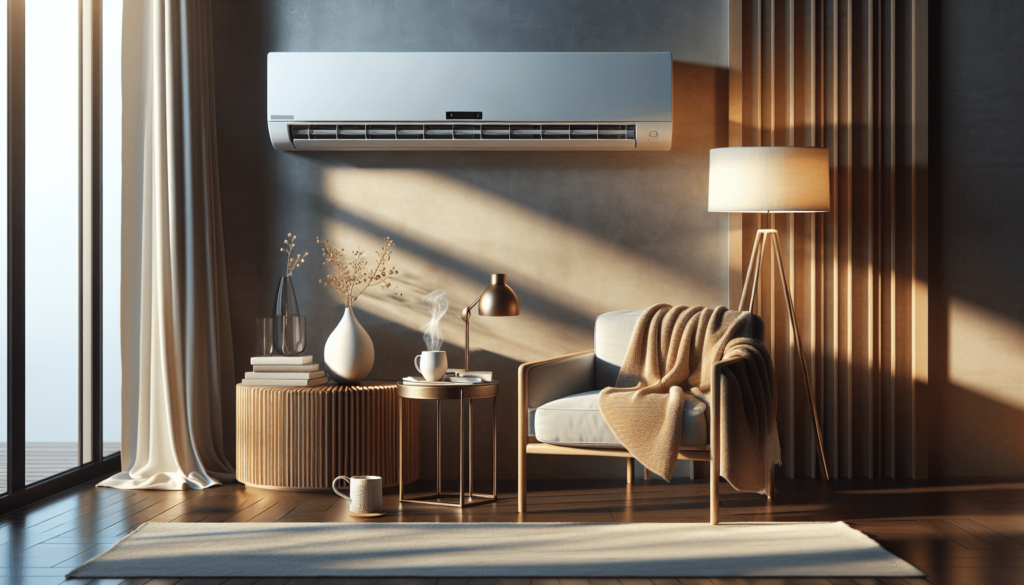
Installation of Heated Air Conditioners
Installing a heated air conditioner requires careful planning to ensure efficient operation and energy savings.
Professional Installation vs. DIY
While some units can be installed by the homeowner, many types are better suited for professional installation. Hiring an expert ensures the system is installed correctly and operates efficiently.
Location Matters
Placement of your unit is critical for maximum effectiveness. Consider airflow, proximity to windows, and obstructions to ensure optimal performance and heat distribution.
Maintenance Tips for Heated Air Conditioners
Proper maintenance helps extend the life of your heated air conditioner and keeps it running efficiently.
Regular Filter Changes
Air filters should be checked and replaced regularly to ensure clean airflow and prevent strain on the system. Most recommend changing filters every 1-3 months, but this may vary depending on usage.
Annual Professional Inspections
Annual inspections by a professional can identify potential issues before they become major repairs. This helps maintain performance and ensure your unit is operating safely.
Clean the Coils
Dust and debris can accumulate on the outdoor coils, significantly reducing efficiency. Regular cleaning allows for efficient heat exchange.
Common Issues with Heated Air Conditioners
Even the best appliances can encounter issues from time to time. Being aware of common problems can help you address them quickly.
Insufficient Heating
If the air blowing out is not warm enough, it could indicate a problem with the refrigerant levels or a failing compressor.
Unusual Noises
Strange sounds can signal issues such as loose components or motor problems. If you hear anything out of the ordinary, consider reaching out to a professional.
Short Cycling
This is when the unit turns on and off repeatedly in a short period, often due to an oversized system or a malfunctioning thermostat. Short cycling can lead to higher energy bills and wear on the unit.
Heating Cost Considerations
Understanding the costs associated with operating a heated air conditioner can help you make a more informed decision.
Running Costs vs. Traditional Heating Methods
Heating costs can greatly vary depending on fuel source, local energy prices, and efficiency ratings. In many cases, heated air conditioners can be less expensive to operate than traditional heating options.
Seasonal Energy Efficiency Ratio (SEER) and Heating Seasonal Performance Factor (HSPF)
Both SEER and HSPF ratings offer valuable insights into the efficiency of heating and cooling systems. The higher the number, the more efficient the unit is, leading to potential savings.
Energy Efficiency Programs
Many local and state programs can provide rebates or incentives for upgrading to an energy-efficient heated air conditioner.
Research Available Programs
Look into any available programs provided by utility companies, state governments, or local energy efficiency organizations. They can help reduce the upfront cost of a new system.
Long-Term Savings
Investing in an energy-efficient system may come with higher upfront costs but can yield significant savings in the long run through reduced energy bills.
Conclusion
Choosing a heated air conditioner can be an excellent option for ensuring year-round comfort in your home. With their energy efficiency, dual functionality, and space-saving designs, they offer a modern solution to traditional heating and cooling methods. Taking the time to understand your options, evaluate your needs, and maintain your system will allow you to enjoy a cozy, comfortable home through every season.
